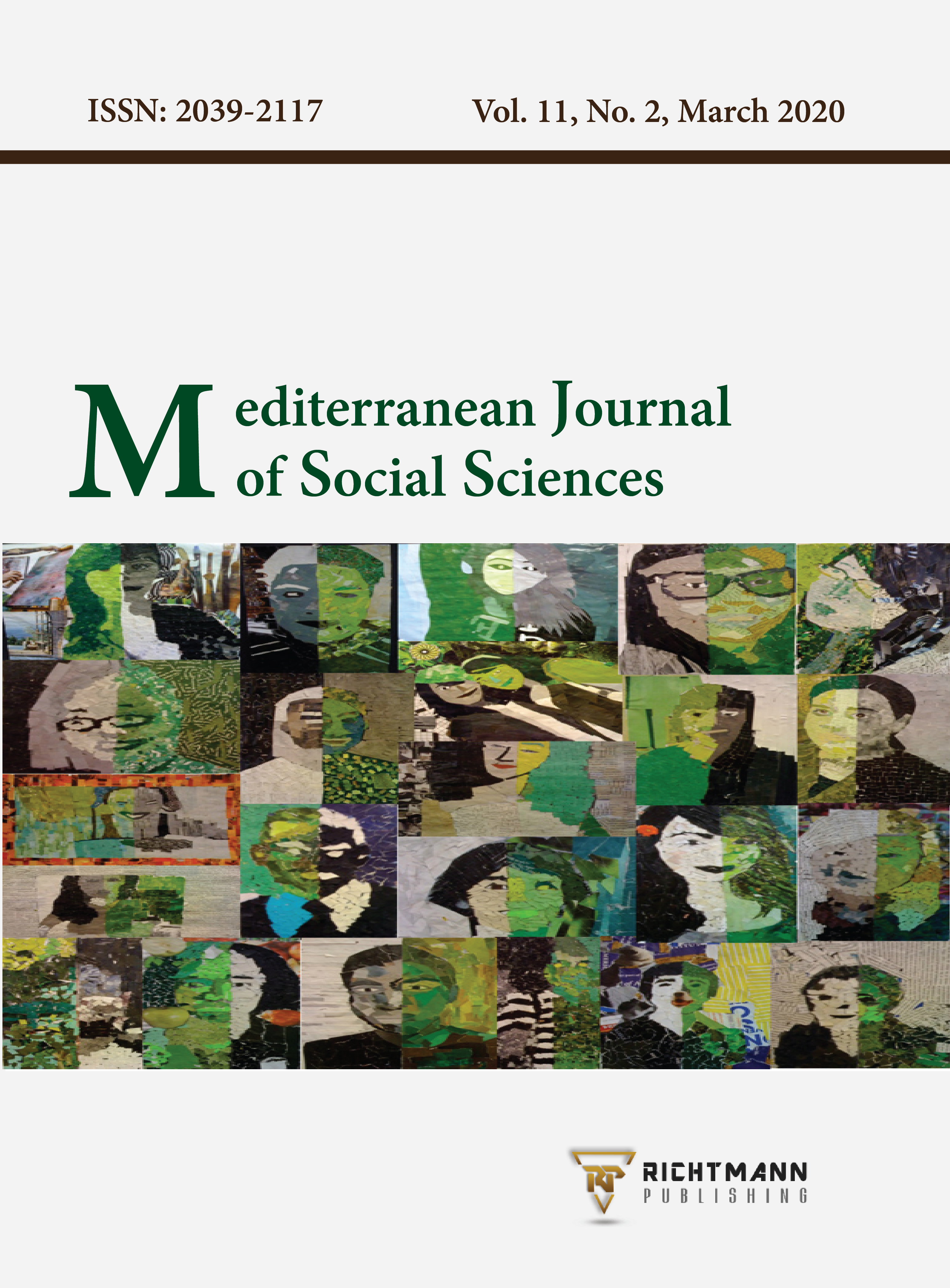Validation of an Instrument and Measurement of Employee Work-Life Policies, Psychological Empowerment, and Job Commitment of Academic Staff in Universities
DOI:
https://doi.org/10.36941/mjss-2020-0022Abstract
This study used a structural equation modelling approach to assess the association between employee work-life policies, psychological empowerment, and academic staff job commitment in universities in Cross River State, Nigeria. Three null hypotheses were formulated to guide the study following a descriptive survey research design. Multistage sampling procedure was adopted in the selection of 315 academic staff from two universities in the study area. “Work-Life Policies, Psychological Empowerment and Job Commitment Questionnaire (WPPEJCQ)” was used as the instrument for data collection. The construct validity of the instrument was ascertained through an Exploratory Factor Analysis (EFA) using the Principal Component Analysis (PCA). The Kaiser-Meyer-Ohlin of .894 and the Bartlett coefficient of 7795.820 were obtained. Several fit indices of Confirmatory Factor Analysis were used to accept the model such as RMSEA=.031, TLI=.969, CFI=.971 and many others. The null hypotheses were all tested using Path analysis. Findings revealed, among others, that there is a significant effect of work-life policies on the affective (?=.774,t=21.636,p<.05), continuance (?=.450,t=8.932,p<.05), and normative (?=490,t=9.967,p<.05) dimensions of academic staff commitment; furthermore, psychological empowerment has a significant effect on the affective (?=.795,t=23.199,p<.05), continuance (?=.501,t=10.261,p<.05) and normative (? = .520, t = 10.795, p< .05) dimensions of staff commitment; and there is a significant composite effect of work-life policies and psychological empowerment on the affective, continuance, and normative commitment levels of academic staff in universities. Based on these findings, conclusions and recommendations were made
Downloads
Downloads
Published
Issue
Section
License
This work is licensed under a Creative Commons Attribution-NonCommercial 4.0 International License.











